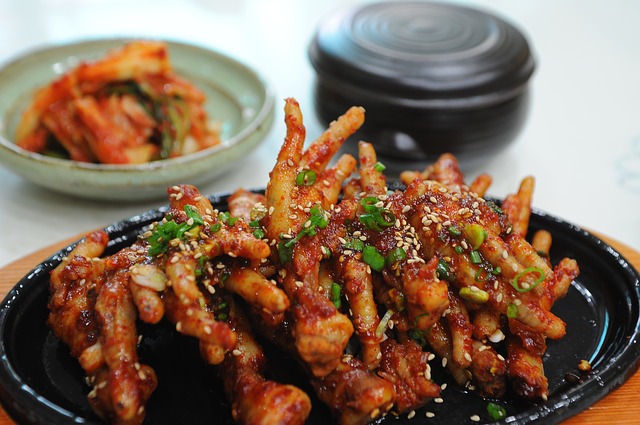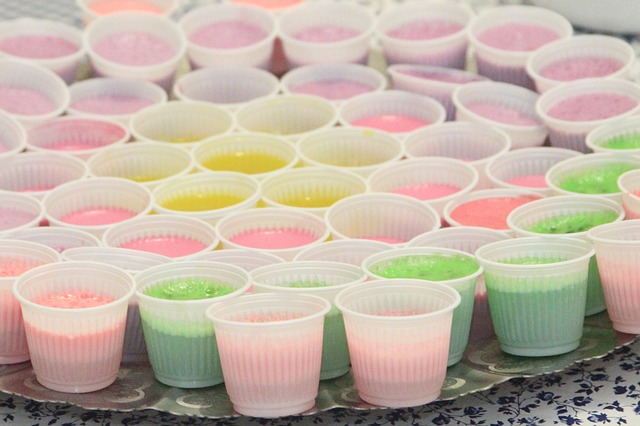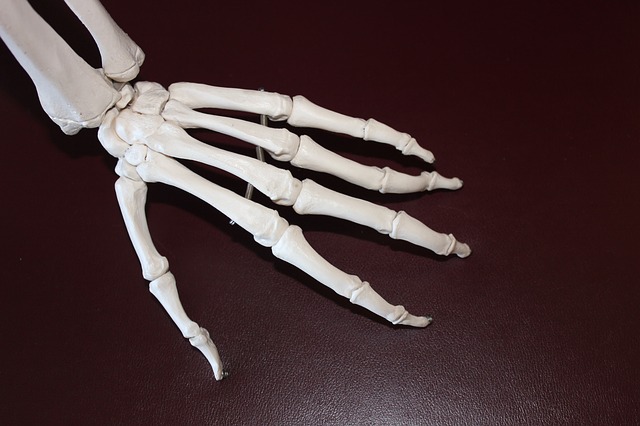Blog Categories
Recent Posts
- Home
- 7 Reasons Collagen Isn't Just for Your Face
7 Reasons Collagen Isn't Just for Your Face
Posted by on
Many women in the United States associate collagen just with procedures that reduce wrinkles while making us look younger, so wrinkle fillers and anti-aging creams immediately come to mind. Collagen is good for your face but it’s also good for other parts of your body as well: hair, skin, nails, joints, tendons and lean muscle. Collagen also acts as an anti-inflammatory for arthritis and osteoporosis.
When we’re young our body produces plenty of collagen, but as we age - as early as our mid-40s - the amount of natural collagen our body produces declines. To keep our body connected, strong, and moving, we need to add collagen either by eating foods that promote the development of natural collagen or by taking supplements that add proteins and minerals to our diet.
What is collagen?
As the most abundant protein in the body, collagen has a three-dimensional, super-coiled helical shape that is long, stringy, strong, and rope-like. Four amino acids – glycine, proline, hydroxyproline and arginine – make up the collagen protein, and collagen makes up 30% of the body’s proteins.
Collagen is a structural protein that provides support for connective tissues and holds the body together. Known as the “glue” that gives shape and bulk to blood vessels, bones, and organs including the heart, kidneys and liver, collagen fibers also keep our bones strong and anchor our teeth to our gums. Collagen is also needed to repair broken bones, bruises, and blood vessels. Other structural proteins include keratin and elastin; keratin strengthens hair, beaks, horns, and feathers. Elastin supports connective tissues like tendons and ligaments.

Osteoarthritis, Bursitis, and Collagen
Though there isn’t much scientific proof that collagen supplements help relieve arthritis, according to Consumer Lab, two older adults commented that they’ve been using a liquid form of hydrolyzed collagen for decades and it has helped their joints. Another user reported that it allowed her to keep jogging, and collagen use eliminated the bursitis in another’s feet. Mixing a powdered form of hydrolyzed collagen with water or another liquid makes it easier to digest, gets it into the bloodstream faster, and seems to be more effective than other forms of collagen.

Skin and Collagen
As the natural production of collagen declines, thinning skin and wrinkles start appearing on our bodies. Many women use collagen to slow the aging process, mainly on their face and neck. Women that have relied on plastic surgery, Botox, creams and other supplements for years, are now looking at gelatin, bone broth, and other foods to improve their complexion.
Although women in China have been drinking bone broth for centuries to improve their skin, and now that obsession has spread to include eating collagen rich foods like pig trotters and fried duck head , there wasn’t any “proof” that their food choices contributed to their health and complexion. Japanese women also looked to pharmacies for collagen-infused marshmallows for answers to their aging needs.
Athletic Performance, Joints, and Collagen
Knees, ankles, and hips are three of the most complex joints in the body. Each joint rotates, or rolls and moves in a bed of soft tissue or cartilage that protects the bones. Though collagen levels are naturally lower the older we get, exercise causes additional wear and tear on the joints which results in stiffness, inflammation and pain. Athletes need extra collagen in their joints , and eating a diet of free-range chicken, wild fish like salmon, or shellfish will help replenish natural collagen levels. Some athletes also take hydrolyzed collagen because it increases lean muscle mass and improves cardiovascular stamina.

Collagen and Bones
Bone is a soft tissue made mostly of collagen. Calcium phosphate strengthens the bone and adds structure to the collagen. Together collagen and calcium phosphate make bones strong yet flexible enough to move when under stress.
Most people begin losing bone mass after they turn 20, and may have weak bones if they didn’t develop their maximum bone mass or drank or smoked excessively. Women have smaller, thinner bones then men and tend to lose bone tissue more quickly after menopause due to the lack of estrogen. Osteoporosis is preventable for most people if they continue to exercise, avoid smoking and too much drinking, and eat a balanced diet with plenty of collagen, calcium and vitamin D.

Hair, Nails and Collagen
Collagen doesn’t work alone. There are several partners for this healthy nutrient. If hair and nails are your primary concerns, make sure you get plenty of biotin, protein, vitamin A, and zinc in your diet.
Biotin, also known as vitamin H, can heal splitting or thinning hair and strengthen nails. Look for foods like salmon, eggs, lentils, beans and bananas. To get shinier hair, add omega-3s into your diet, and try spinach, walnuts, flaxseed, fish oil, salmon or tuna. Protein is also needed to develop more keratin for your nails so add red meat, chicken, and nuts.
Vitamin A produces sebum for your hair; and apricots, carrots, cheddar cheese, mangos, oatmeal or sweet potatoes provide vitamin A to keep your hair healthy. Zinc is critical in the formation of connective tissues and keeps your immune system healthy. Oysters, cashews, green beans and lobster are high in zinc; enjoy these foods and also take care of your hair and nails.

Trends are changing. Women in the United States that once relied heavily on creams, surgery and supplements to reduce the effects of too much sun, smoking, alcohol and normal aging, are now realizing that health in an inside-out process. What we eat and drink affects our overall health; drinking fish, beef or chicken broth provides vitamins, proteins and minerals that are good for our skin as well as our gut. Asian women who have known about the secrets of bone broth, donkey hide, chicken feet and fried duck head for centuries are now also turning to pharmacies for collagen-infused drinks to supply more collagen and gelatin. A combination of both may be necessary to keep us healthy inside and out.
Information provided in this communication is not designed to and does not provide medical advice, professional diagnosis, opinion, treatment or services to you or to any other individual. This is general information for educational purposes only. The information provided is not a substitute for medical or professional care, and you should not use the information in place of a visit, call consultation or the advice of your physician or other healthcare provider. Wise Choice Marketing Inc is not liable or responsible for any advice, course of treatment, diagnosis or any other information, services or product you obtain through Wise Choice Marketing Inc.


 Loading... Please wait...
Loading... Please wait...













